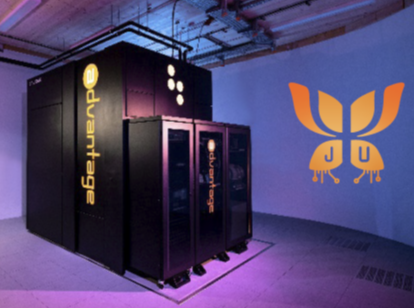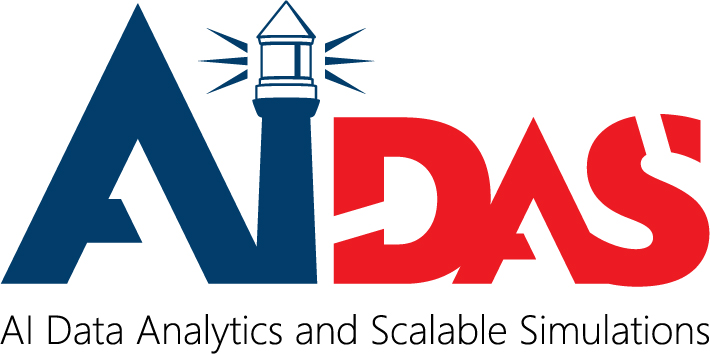Quantum Computing
Quantum annealing and gate-based quantum computing
A quantum computer is a device that performs operations according to the rules of quantum theory. There are two types of quantum computers, analog and digital. The analog ones, like quantum annealers, perform a continuous physical process, whereas the digital ones, the gate-based quantum computers, use quantum gates to manipulate the qubits.
Quantum annealers with more than 5000 qubits are available on the market. Practical realizations of gate-based quantum computers consist of less than 500 qubits. Quantum annealers are primarily used to solve optimization problems that can be formulated as a quadratic, unconstrained, binary optimization (QUBO) problem. They are not universal quantum processors, while gate-based quantum computers are theoretically universal.
Work package 1 combines the expertise of FZJ and CEA in the areas of high-performance computing, software engineering and quantum computing and works together in two projects. The goal of P1 – Quantum annealing based optimization for machine learning – is to benchmark quantum annealing for particular use cases in optimization and machine learning. In P2 – Enhancing gate-based quantum hardware – the goal is to significantly improve the gate-based quantum computer hardware developed at CEA based on the quantum optimal control techniques developed at FZJ.

D-Wave Advantage System JUPSI – Juelich Pioneer for Spin Interference – hosted and operated by JUNIQ, the quantum computer user facility at FZJ.
Links to websites:
https://www.fz-juelich.de/en/ias/jsc/about-us/structure/research-groups/qip
